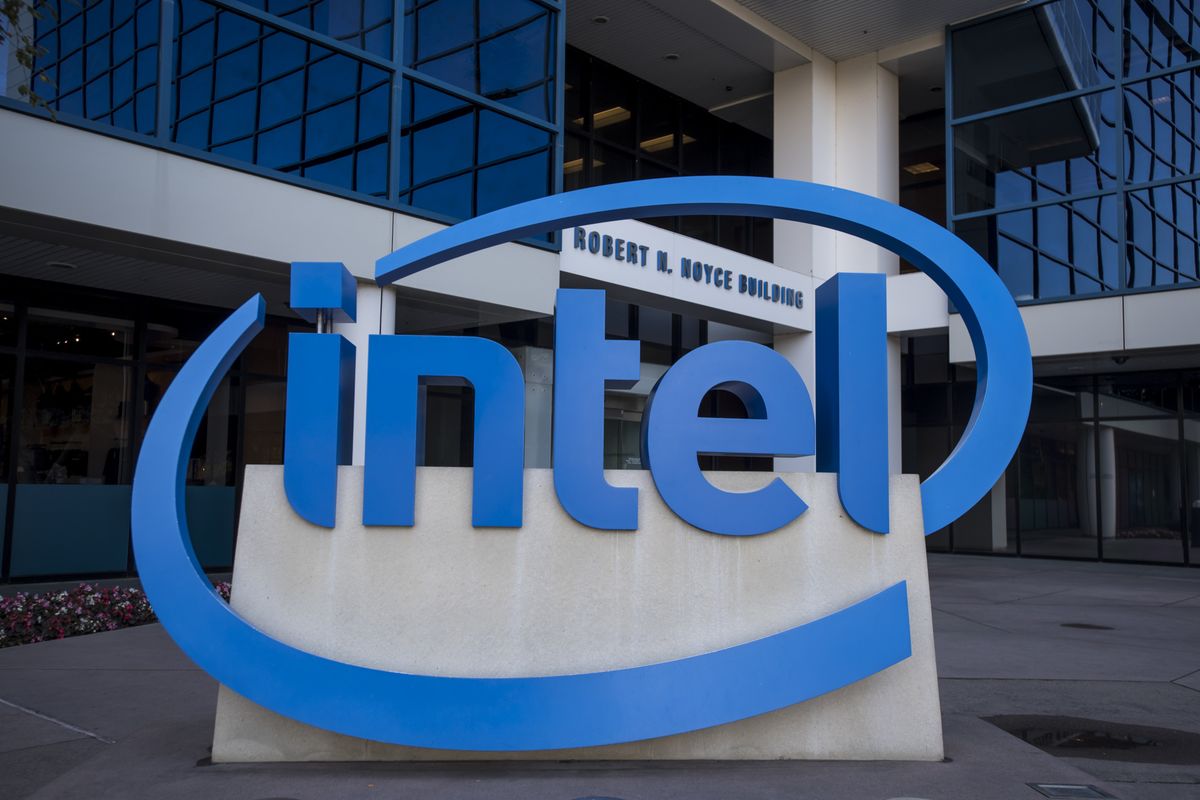Intel Talks to and Samsung to Outsource Production

Intel Corporation, the world’s largest semiconductor chip maker, has recently been in talks with Taiwan Semiconductor Manufacturing Company (TSMC) and Samsung Electronics to outsource some of its production. This move is seen as a strategic shift for Intel, as the company has traditionally been a vertically integrated manufacturer. This article will discuss the implications of Intel’s decision to outsource production and the potential benefits and drawbacks of the move.
Overview of Intel’s Move to Outsource Production
Intel Corporation is the world’s largest semiconductor chip maker and has traditionally been a vertically integrated manufacturer. This means that Intel has traditionally designed, manufactured, and sold its own products. However, Intel recently announced that it is in talks with Taiwan Semiconductor Manufacturing Company (TSMC) and Samsung Electronics to outsource some of its production. This move is seen as a strategic shift for Intel, as the company has traditionally been a vertically integrated manufacturer.
Benefits of Outsourcing Production
Outsourcing production can provide Intel with a number of benefits. First, it can help Intel reduce costs by taking advantage of lower labor costs in other countries. Additionally, outsourcing production can help Intel increase its production capacity and reduce lead times. Finally, outsourcing production can help Intel focus on its core competencies and reduce the need for in-house production facilities.
While outsourcing production can provide Intel with a number of benefits, there are also some potential drawbacks. First, outsourcing production can lead to a loss of control over the production process. Additionally, outsourcing production can lead to a loss of intellectual property and a decrease in product quality. Finally, outsourcing production can lead to a decrease in customer service and an increase in customer dissatisfaction.
Impact on Intel’s Competitors
Intel’s decision to outsource production could have a significant impact on its competitors. First, Intel’s competitors may be forced to reduce their prices in order to remain competitive. Additionally, Intel’s competitors may be forced to invest in new technologies in order to remain competitive. Finally, Intel’s competitors may be forced to invest in new production facilities in order to remain competitive.
Conclusion
Intel’s decision to outsource production is a strategic shift for the company and could have a significant impact on its competitors. While outsourcing production can provide Intel with a number of benefits, there are also some potential drawbacks. Ultimately, only time will tell if Intel’s decision to outsource production will be successful.






